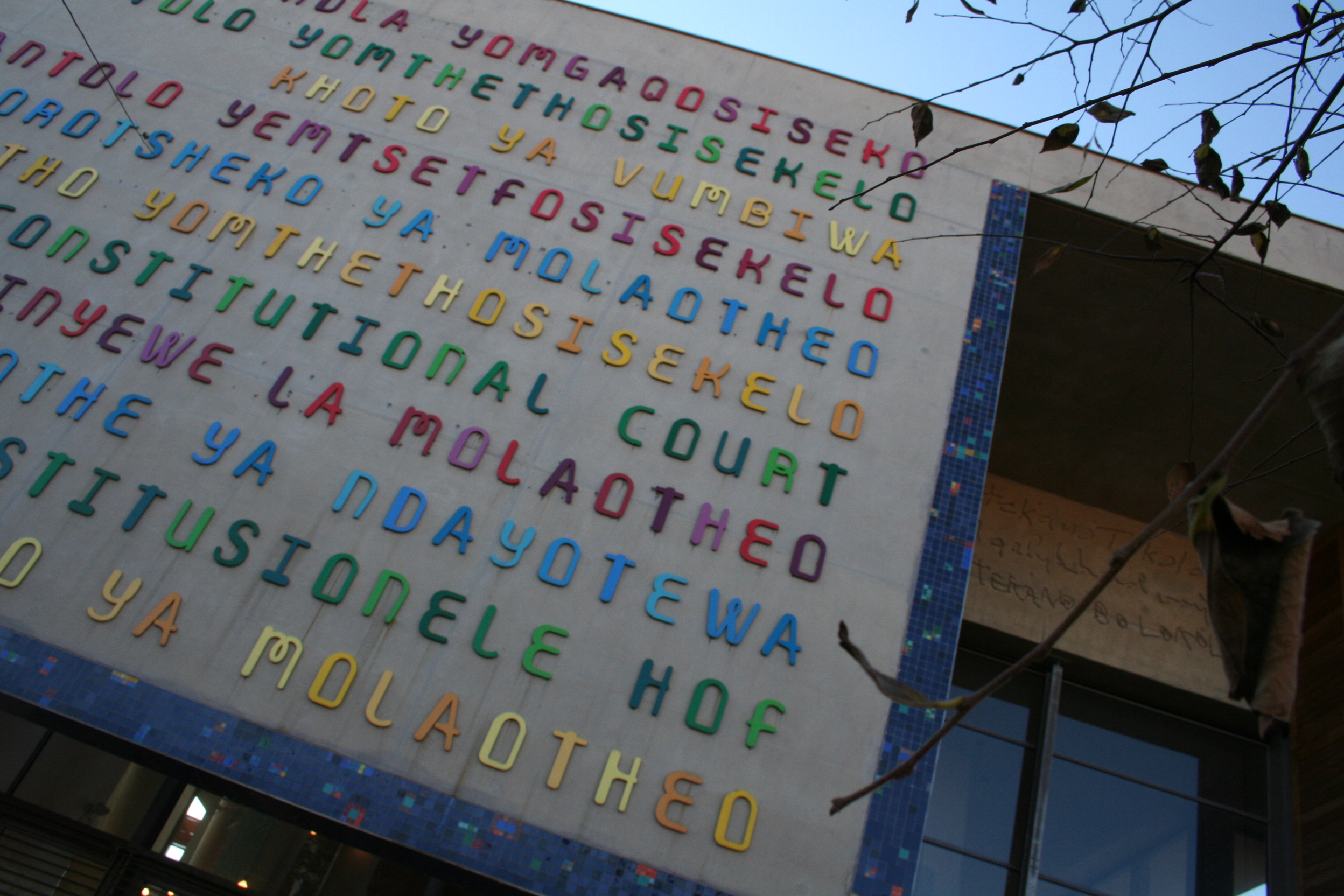Summary
Both cases concerned the constitutional validity of section 7(3) of the 1979 South African Divorce Act, which provided that “where spouses married out of community of property get divorced, the divorce court may make an equitable order that assets of the one spouse be transferred to the other” via a redistribution order. The key issue here was that for ordinary civil marriages, that remedy was only available for parties who entered into marriage before November 1, 1984. In both cases, the wife brought the constitutional challenge via the High Court of South Africa, Gauteng Division, Pretoria, where the High Court made a declaration of constitutional invalidity.
The Matrimonial Property Act came into force on November 1, 1984, establishing an ‘accrual’ system for marriages that delegated how assets may or may not be transferred to the parties during separation or death. In order to determine whether the distribution order was just and equitable, the Act held that a spouse must prove to the court that “the party in whose favor the order is granted contributed directly or indirectly to the maintenance or increase of the estate of the other party during the existence of the marriage, either by the rendering of services, the saving of expenses that would have otherwise been incurred, or in any other manner.” Thus, the Act only applied to marriages entered into before November 1, 1984. Previously, the Divorce Act always allowed a ‘richer’ spouse married out of property to hand over assets to the other spouse. This ruling means that the pool of spouses who can make such a request has widened.
Ruling on both cases together, the Constitutional Court held that section 7(3) of the 1979 Divorce Act was unconstitutional, and that indigent spouses are entitled to financial protections after the dissolution of their marriages. In the EB v. ER case, the Court upheld the High Court’s ruling that a marriage dissolved by death, as opposed to divorce, was missing from the Act such that it created a differentiation for spouses: such spouses would receive the benefit of a redistribution remedy only where the marriage is dissolved by divorce and not death. The Court found this unfair discrimination, and thus unconstitutional. In KG v. Minister of Home Affairs and Others, the Court similarly upheld the High Court ruling that section 7(3) was unconstitutional because it only applied to marriages before November 1, 1984, when it should apply regardless of the timing of the marriage.

